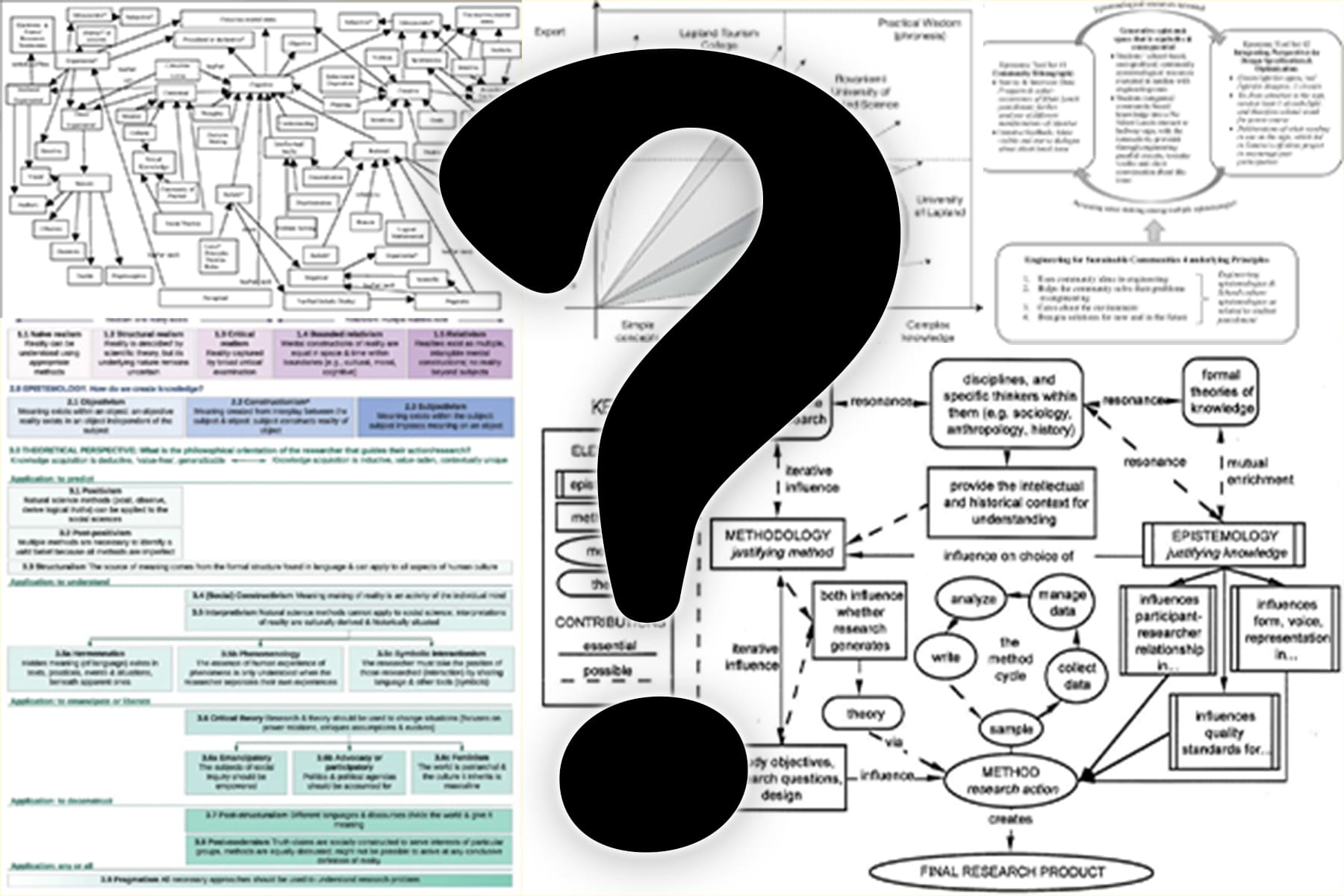If you have ever read an academic paper, you’ve probably encountered sentences like “The individual member of the social community often receives his information via visual, symbolic channels.” It means “people read.”
Pick up an academic journal and you will find the prose defies everything you were taught about good writing. The articles are usually long-winded, needlessly dense and incomprehensibly jargonistic. Speaking from experience, even when you have background knowledge of the topic, papers are often very, very difficult to understand.
The question is: why is so much academic writing so bad? Why did the academic who wrote the first sentence not just write ‘people read’ instead?
One common theory is that academics write badly on purpose. Rather than trying to be as clear and understandable as possible, scholarly articles are attempts to impress other academics with how obscure and complex their research is, or worse, hide the fact that they have nothing new to say. This may be partially true, but to claim that all academics are egotistical show-offs is too simplistic. The causes for the prevalence of poor writing are more complex and more interesting.
In reality, part of the reason academics don’t try to engage their readers is that they don’t really need to. They are not writing for a wide audience, but for a small circle of fellow academics who are equally knowledgeable and have a vested interest in finding mistakes in their research.
Read any academic paper and you will find liberal use of “virtually”, “partially”, “probably” and other fence-sitting modifiers. This is largely to do with the scientific instinct of not making blanket statements. But it is also a safety net. Sprinkling your paper with these words makes it harder for your critics to pin you down. Academics are, after all, writing for a very small audience of competitors who want to destroy them. They’ve been trained to do this since their induction into academia with their ‘PhD thesis defence’.
Scholarly articles are written in the literary equivalent of a defensive crouch. They are not meant to interest their readers, they are meant to survive their readers. The more inaccessible an article, the greater the effort required to tear its arguments apart.
But the underlying reason for bad academic writing goes deeper than the culture of academia, and is a problem that academics share with anyone else who is considered an expert. The theory, put forward by several academics including Canadian psychologist Steven Pinker, states that if you know something, it is very difficult to imagine what it’s like to not know it. If you’ve spent your career researching a topic, you will be writing with a wealth of knowledge not available to most people. Putting yourself in the position of a reader who knows less than you is difficult.
This phenomenon is known as “the curse of knowledge,” and goes a long way in explaining why academics have so much trouble communicating their research. Writing is difficult: our minds have evolved to speak, not to write. Few people can actually write clearly, succinctly and engagingly. Add the fact that academics can’t understand what it’s like to read their papers as a layman, and it’s not hard to see why academic literature is usually poorly written.
Unfortunately, difficult-to-understand academic papers create a self-perpetuating cycle. Undergraduates learning to write scholarly articles learn by reading them. The style I’ve adopted for writing scientific reports is very different from the style I wrote this article in. When writing this, I tried to be as straightforward and engaging as possible. But when you read academic papers, you realise that isn’t the priority.
Undergraduates who read academic articles tend to imitate the so-called “academese” style. You begin to worry that your own writing isn’t ‘academic’ enough. But the truth is that the convoluted, jargonistic and often incomprehensible writing found in academic journals isn’t a writing style, it’s simply poor writing.
Reading academic papers is a skill that it takes a while to acquire. Generally speaking, understanding what the author is talking about before reading the paper helps. Reading the introduction and conclusion, headings and topic sentences to get an idea of the overall structure helps you to skim over the less relevant passages. Over time, you become more adept at judging what is important to read, and what is just waffle. However, no matter how good you become, you invariably end up spending a depressingly large amount of time and energy deciphering needlessly complex prose.
Bad writing makes life difficult for undergraduates and junior researchers. It also discourages anyone interested in the sciences or humanities from pursuing that interest. Public engagement and trust in science are damaged if scientists cannot effectively communicate their ideas. The general population does have an interest and will read about complex topics, but not when ‘reading’ is described as “receiving information via visual, symbolic channels.’





